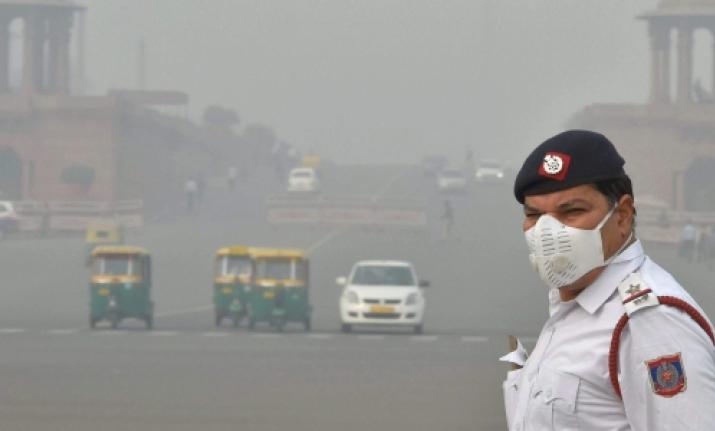
More evidence to prove pollution, cold can cause COVID-19 infection
More the pollution in air, greater the chances of coronavirus infection, says a new study by the University of Geneva and Meteodat. Thus, it is quite evident now that the connection between pollution and Covid-19 is no longer limited to people with co-morbidities or respiratory problems.

More the pollution in air, greater the chances of coronavirus infection, says a new study by the University of Geneva and Meteodat. Thus it is quite evident now that the connection between pollution and COVID-19 is no longer limited to people with co-morbidities or respiratory problems.
The study, published in the journal of Earth Systems and Environment, says that when the air has a high concentration of pollutants like particulate matter (PM 2.5), the severity of any viral infection increases significantly.
The study also suggests measures that authorities should take to prevent air pollution and consequent spread of the COVID-19 pandemic.
Also read: Centre introduces new law through ordinance to tackle air pollution in Delhi-NCR
According to the study, a drop in air temperature causes thermal inversion that favours the fine particulate matter (PM 2.5) to stay near the ground surface trapped under the dense cold air. The PM 2.5 enters the human body through lungs and then gets into the bloodstream causing inflammation. They damage the inner lining of arteries leading to stiffening of arteries, thus making it easier for COVID-19 to cause further damage to the respiratory system.
Also read: Air pollution increases COVID risk: Know how to keep yourself safe
Recent studies in Italy and France suggest the coronavirus was present in the air even by the end of 2019, but the sharp increase in number was recorded only during the spring of 2020. Hence, the study concludes that besides social interactions, there are other means of transmission of the virus.
The study quotes the research done in Swiss canton of Ticino where a sharp increase in COVID-19 cases was recorded after air pollution shot up by the end of February 2020.
In Switzerland, the fine particulate matter was found to cause inflammation of the respiratory tract, cardiovascular tract and pulmonary infections.
In October, a study published in the Journal of Cardiovascular Research found that 15 per cent of deaths worldwide linked to COVID-19 are because of long-term exposure to air pollution.


